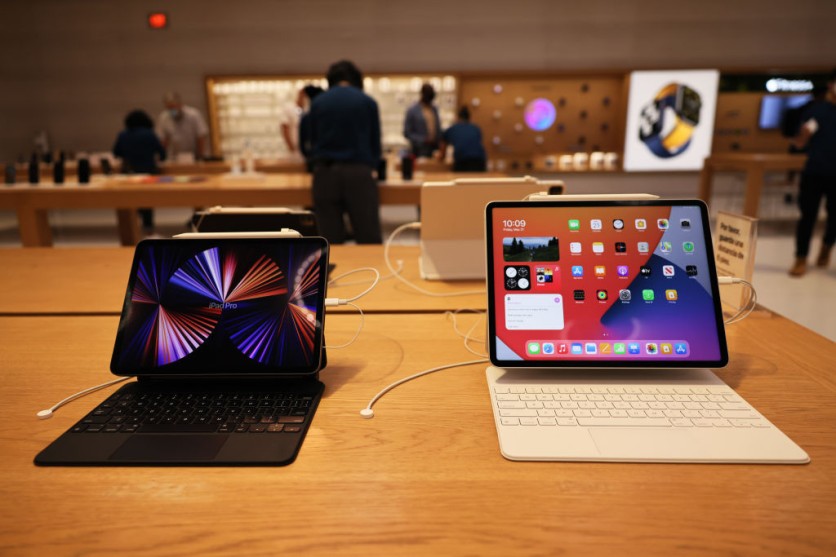For many years now, Apple offered the iPad with WiFi and Cellular options available, and this is taking the edge over the MacBook for various reasons including portability and connections of the device.
Since the dawn of the iPad, it already offered a cellular option that allows a user to insert SIM cards into it and use various features like connecting to mobile data and sending iMessages.
On the other hand, MacBooks have relied only on WiFi connections and shareable hotspots from devices, but not a direct connection when on the go.
iPad with Cellular Takes the Edge Over MacBook

The iPads with WiFi + Cellular connectivity options are taking the edge over MacBooks now, and according to 9to5 Mac, there are various reasons why it is the more formidable one.
First, the iPad's cellular variant does not need to rely on hotspots and WiFi connections to connect to the Internet; users can activate it with a click right in the Control Center.
Moreover, since the last generation of iPads, including the Air and Pro, Apple has already offered 5G connectivity, which means it can connect to the fastest possible wireless speeds.
Additionally, iPads, even with the Magic Keyboard, are far more lightweight and portable than MacBooks, which are still full-pledged laptops that are heavier.
Portability, Connections is a Win for iPads
The two main reasons why iPads are better than MacBooks are enough to convince one to opt for the renowned Apple tablet when considering working on the go.
However, it has its downsides. Despite winning against the MacBook, it still uses iPadOS, which has specific apps only, unlike macOS, which can run a far more demanding suite of apps for work.
iPad with Cellular: Is It Worth It?
The first iPad came out in 2010, and fourteen years ago, it was given an option where users could get WiFi + Cellular for its connectivity. This proved to be a perk for many who frequently travel or do not stay much at home.
Granted that it is the more expensive device and most people opt for the WiFi only to save some, getting the direct connection is a massive plus for the device.
At last May's Let Loose event, Apple introduced the new iPad Pro and iPad Air devices, which feature the latest features and technology.
However, it was also the first time eSIM was made available for tablets. Cupertino said that eSIMs are 50 percent faster compared to physical SIM cards, and it also presents a way to transfer the eSIM without any hassle, ensuring that connections are possible.
The new iPads are very advanced compared to their predecessors. The iPad Pro is the first Apple device to get its upgraded M4 chip, and getting its cellular variant also means it is eSIM-ready and more capable than other devices.
The iPads are now considered to be PC alternatives, and their only downside is that they run on iPadOS, which already harnesses the power of the M-series from Cupertino's PCs, like the MacBook.
Related Article : Apple iPad Pro 'Crush' Ad 'Missed the Mark,' No More TV Promo But Video Not Taken Down





